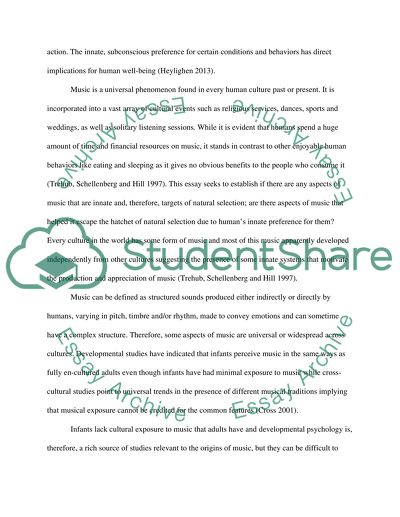Cite this document
(“Psychology of Every Day Life Essay Example | Topics and Well Written Essays - 1500 words”, n.d.)
Retrieved from https://studentshare.org/psychology/1612615-psychology-of-every-day-life
Retrieved from https://studentshare.org/psychology/1612615-psychology-of-every-day-life
(Psychology of Every Day Life Essay Example | Topics and Well Written Essays - 1500 Words)
https://studentshare.org/psychology/1612615-psychology-of-every-day-life.
https://studentshare.org/psychology/1612615-psychology-of-every-day-life.
“Psychology of Every Day Life Essay Example | Topics and Well Written Essays - 1500 Words”, n.d. https://studentshare.org/psychology/1612615-psychology-of-every-day-life.


